Saima S. Iqbal
Science Writing Intern, Fall 2023
Saima Iqbal is the fall 2023 science writing intern at Science News. She holds a bachelor’s degree from Harvard College, where she studied the history of medicine, conducted research on cancer immunotherapies, and fell in love with narrative science writing.

Trustworthy journalism comes at a price.
Scientists and journalists share a core belief in questioning, observing and verifying to reach the truth. Science News reports on crucial research and discovery across science disciplines. We need your financial support to make it happen – every contribution makes a difference.
All Stories by Saima S. Iqbal
-
 Science & Society
Science & SocietyHistory buffs will dig these 5 science stories from 2023
This year, new science threw the lives (and deaths) of Beethoven and other historical figures into sharp relief.
-
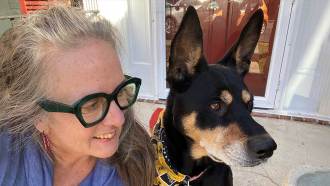 Animals
AnimalsHere are 5 questions about the mystery dog illness making news
Experts suspect a perfect storm of conditions, rather than a new bug, is what’s driving “atypical kennel cough” cases in dogs across the United States.
-
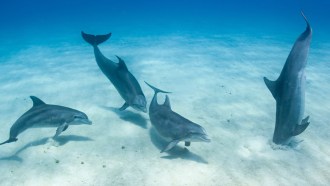 Animals
AnimalsFish beware: Bottlenosed dolphins may be able to pick up your heartbeat
Fish, sharks and platypuses are adept at sensing electrical signals living things give off. Bottlenosed dolphins make that list too, studies suggests.
-
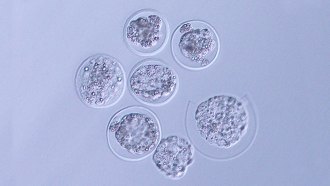 Animals
AnimalsThe first embryos from a mammal have now been grown in space
Mouse embryos in space can develop into clusters of cells called blastocysts. The result is a step toward understanding how human embryos will fare.
-
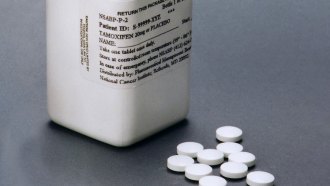 Health & Medicine
Health & MedicineWhy a popular breast cancer drug may be less effective for some Africans
A genetic variant commonly found in certain African populations appears to impair tamoxifen’s ability to tackle breast cancer.
-
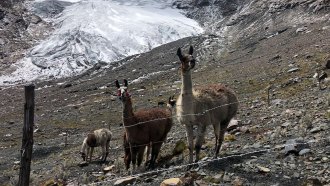 Animals
AnimalsAt the foot of a melting glacier in Peru, llamas helped revitalize the land
A partnership between scientists and farmers suggests how llama herding can mitigate some of the impacts of climate change.
-
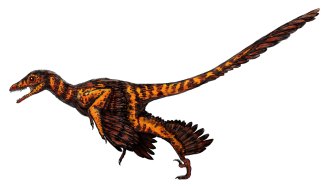 Paleontology
PaleontologyDinosaur feathers may have been more birdlike than previously thought
Feather proteins can change during fossilization, raising questions about what dinosaur feathers really can tell us about feather evolution.
-
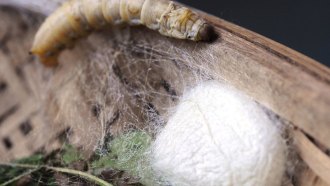 Animals
AnimalsIn a first, genetically modified silkworms produced pure spider silk
An effort to engineer silkworms to produce spider silk brings us closer than ever to exploiting the extraordinary properties of this arachnid fiber.
-
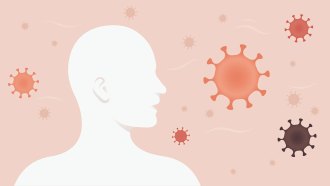 Health & Medicine
Health & MedicineHere’s how much coronavirus people infected with COVID-19 may exhale
Just breathing naturally can lead people with COVID-19 to emit dozens of copies of viral RNA a minute and that can persist for eight days, a study finds.